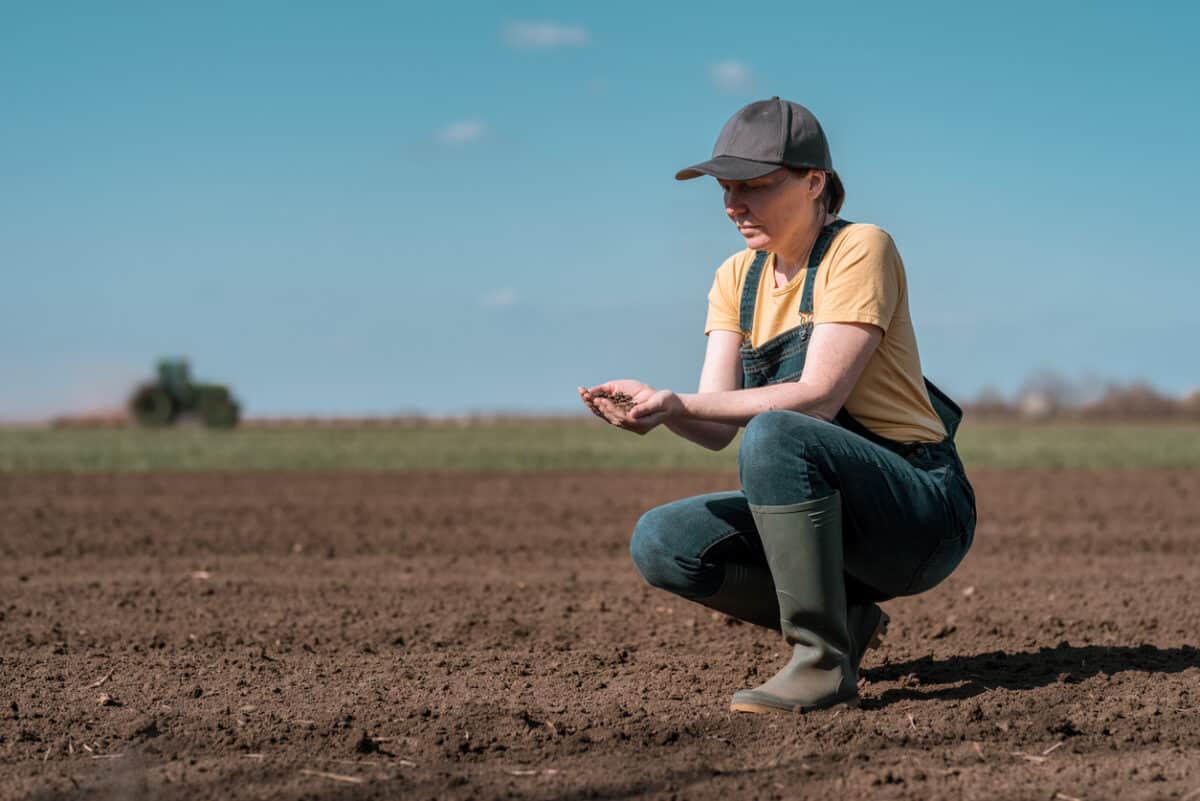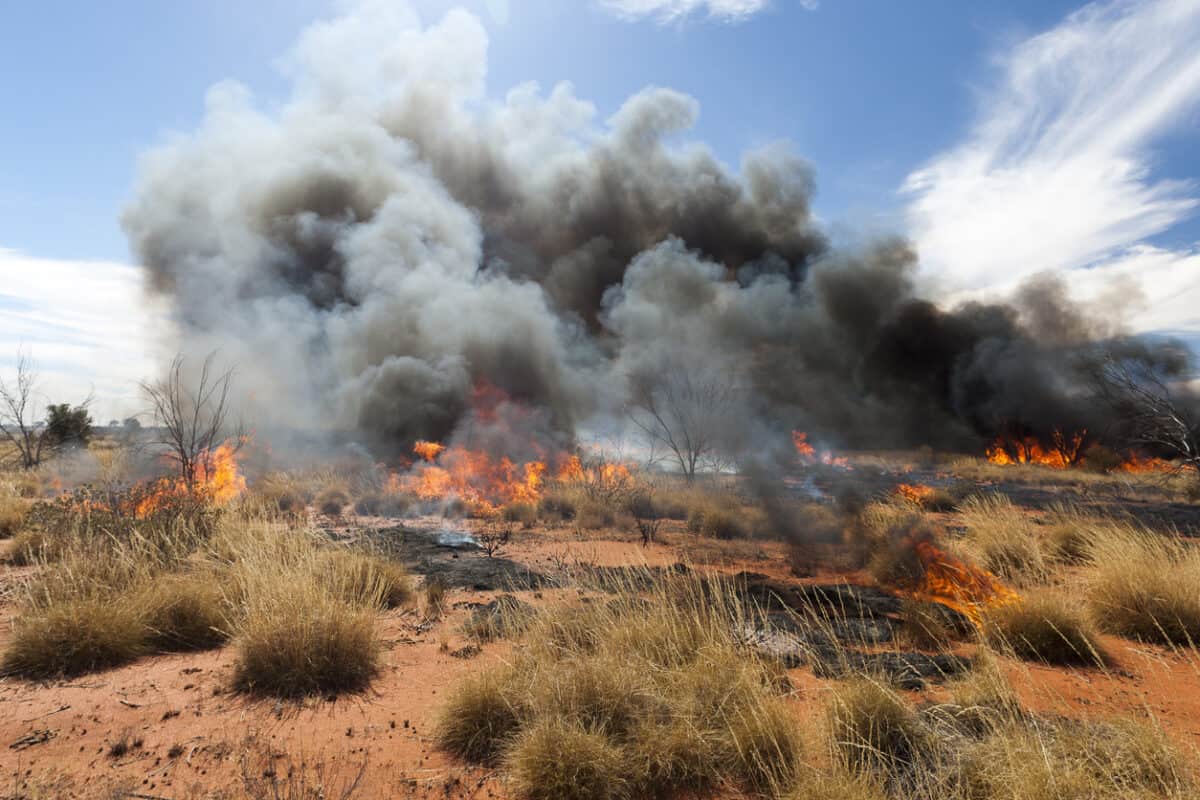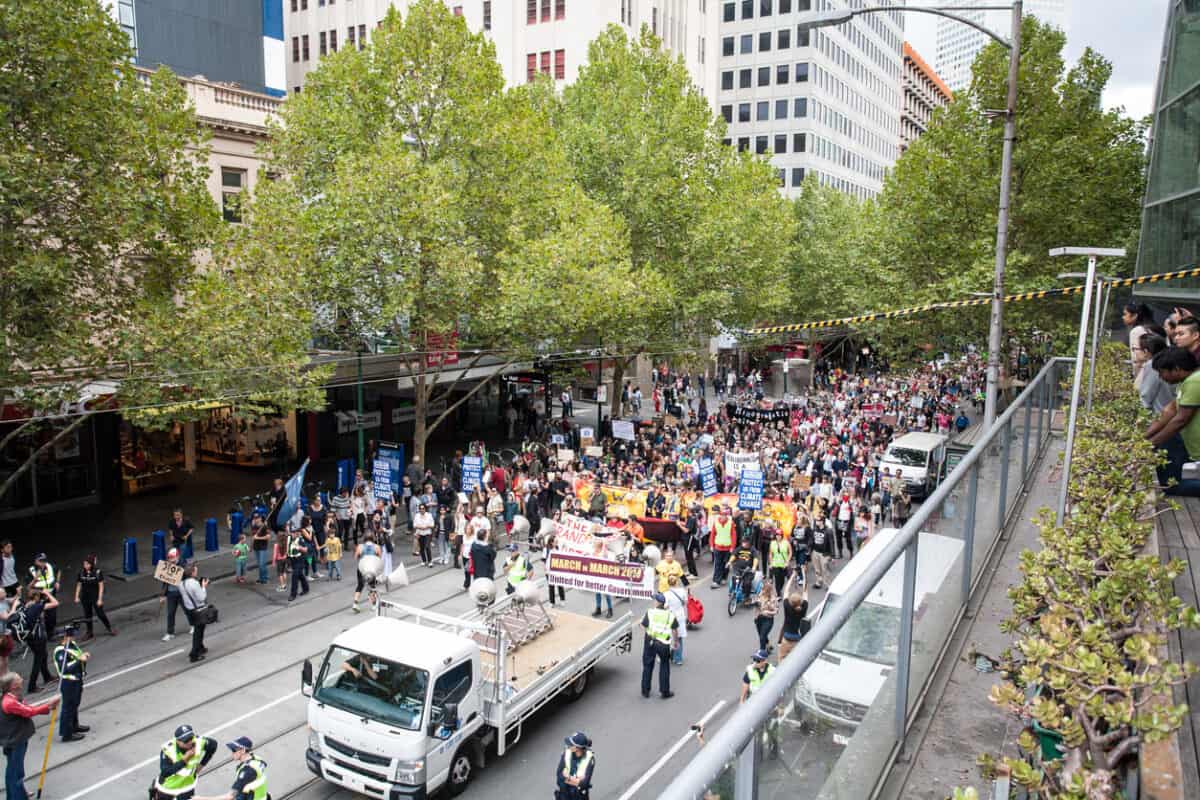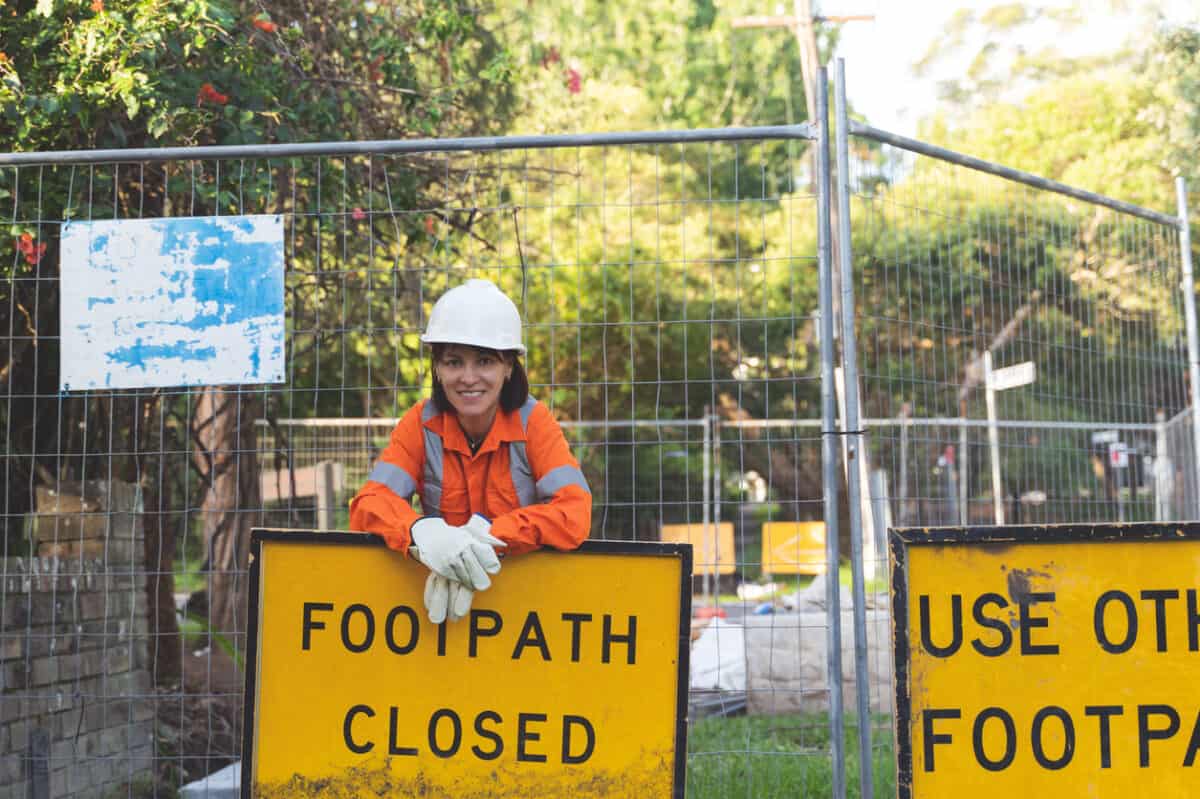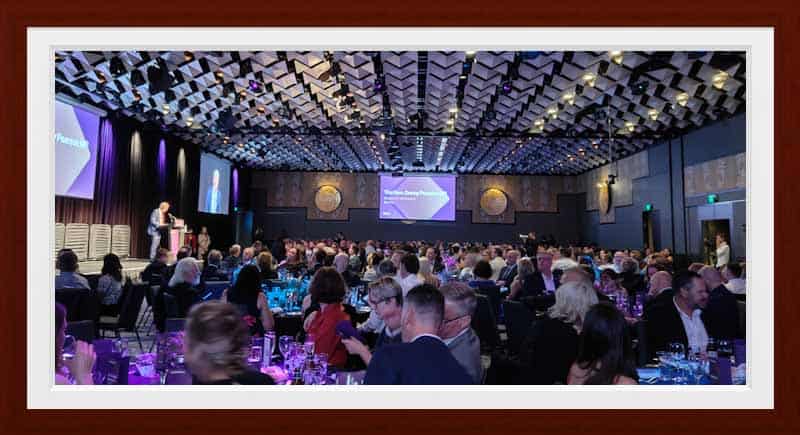Last week, a miner, Kurt Hourigan, died in a rockfall in a gold mine in the rural city of Ballarat. Another was rescued, and over twenty work colleagues were able to access a safety pod and exit the mine later.
Accusations of mismanagement and deficient occupational health and safety (OHS) practices are rife. The media coverage of the disaster and its aftermath reflects the days immediately after the Beaconsfield Mine Disaster in Tasmania in 2006, where the trade union, the Australian Workers Union (AWU), dominated the provision of information. But why is the AWU calling for a prosecution for Industrial Manslaughter? And why now? Isn’t there a stronger OHS message available?


